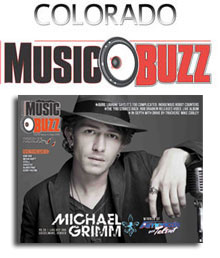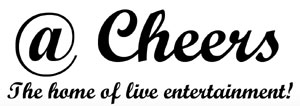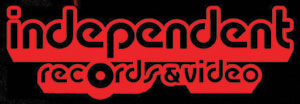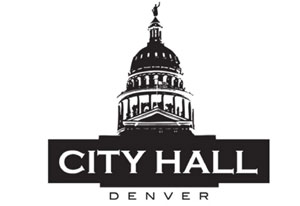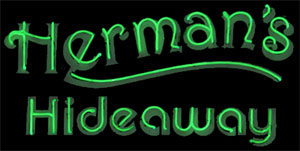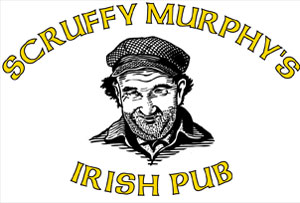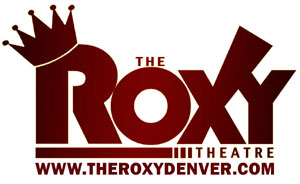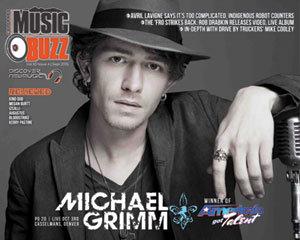Durango Songwriters EXPO 2012
by Torch
According to Jim Attebery, the organizer of the Durango Songwriters Expo, “The expo is a multi-genre opportunity to get heard by top music industry pros from LA, Nashville, New York, film, and TV supervisors. This is the premiere event of its kind in the country. At this event last year, two pop artists signed major music deals, and three artists got major film and TV placements including “Twilight.”” Attebery, accompanied by his big blond Labrador Lou, met the participants personally and wished them luck.
Songwriters paid a fee of $300 to go into a room with a panel of publishers, producers, and industry headhunters. They waited their turn and had the opportunity to have part of one or two of their songs heard and critiqued. It is a pretty amazing opportunity to go straight to the source and be heard. Criticisms included poor recording quality, avoiding hot topics like religion and politics for mainstream TV, but for the most part everyone got a pat on the head. The audience response was kind even though the audience was also the competition. Everyone was respectful and did enjoy the songs that were good, and were polite about the fingernails on the chalkboard songs that shouldn’t have been there in the first place.
In addition to the American-Idol style auditions, there was a songwriters panel discussion that included Nick Forster of E-Town and Hot Rize, Steve Garvin (artist manager at AAA Radio), Chris Daniels (Professor at UCD for music business and singer/songwriter), Tim Fagan (2010 Grammy winner along with Jason Mraz for “Lucky”), Gale Day (songwriter and co-producer of the first Los Angeles Women’s Music Festival), and Stephanie Mabey (songwriter from Castle Rock whose songs have been featured by Nokia and AOL). Steve Garvin asked the questions:
Question 1. What was the key moment when you knew that an independent path was for you?
Chris Daniels– “I knew I was headed on an independent path when I had to let go of the ‘brand’ I created with Chris Daniels & The Kings; when I decided to make a completely different solo album in a totally different genre and new concept. The thing you need to know is that the song, or songs, that you think are the ‘hits’ aren’t necessarily the ones that connect with the feedback from the radio.”
Stephanie Mabey- “When I started off, I was writing songs in all these different genres and I felt like I had to secure a publishing deal. If I just got a deal then everything would make sense. I felt like I sent out a ‘bat signal’ to my people who were other artists on the same frequency, and I started writing from a place that felt authentic. That was when I realized I worked better with a team, and together we pitched songs to TV. I enjoyed it so much; I took over the group and started my own company. I like helping others who are struggling with ‘locked doors’ and I try to act as a door opener.”
Tim Fagan– “I started out using house bands in clubs and video taping them. I started my own YouTube channel and just keep streaming everything I did. Then I just started giving it time to grow and kept on adding new stuff as I created a following. During this time I read “The Music Lesson,” a book by Victor Wooten, and that changed my perspective completely.”
Question 2. What was a major challenge for you?
Nick Forster– “After 21 years in Hot Rize, Tim O’Brien asked me to join him and Jerry Douglas, so I left the band and made this record for RCA and it felt like a sure thing; then it didn’t come out. We persevered, and later it was released through Sugar Hill Records and it did okay.”
Stephanie Mabey– “I finally got to sit down with a publisher, and after all the work and preparation, he listened to about half of my song, stopped it and looked at me and said, ‘This is what you do?’ I was heartbroken, and the meeting was over.”
Steve Garvin– “Never follow a fad or compare yourself to someone else, you will only create disappointment and resentment.”
Chris Daniels- “Well, that one is easy. A few years ago I was diagnosed with Acute Myeloid Leukemia and that changed everything in a single moment. I got really clear about what was important because I didn’t know how things were going to turn out. I knew I had to get busy living, I knew I had an album of songs I wanted to record–some old songs, and some I wrote while in the hospital. Some songs just come out, like “Sister Delores,” about a woman in Texas who took a moment and prayed for me. It was a personal moment to me. With the song I wasn’t worried about trying to be universal, but it is one of the most popular songs on the album.
Now, it was a little hard for me to tell my band, since it was a solo project, but my band was very supportive. At first I thought it was going to be just me and a guitar, but friends started joining in and it morphed into something else. I let go and let it happen, and it turned out amazing.”
Gayle Day– “One of the biggest challenges for me was time management. I have a four year old, and I try to do my yoga everyday, work on music business, balance quality time with my family, and take care of my health.”
Tim Fagan– Well, once I opened a new door, I realized there was this avalanche of new challenges that went along with it. I heard off-hand comments like, ‘Are you still doing that artist thing?’ I just knew I had to believe in myself and stick to it. I had to try to stop thinking of how to please what I thought was in the producer’s mind, and check in with myself, and not beat up on myself if I set some goal and didn’t reach it.”
Question 3. What are some of the tools you use?
Gayle Day- “The tool is inside you, honor the community of the song. Give it away, it isn’t about you when you perform or write, listen to a friend’s story and get inspiration from the outer world.”
Stephanie Mabey- “I like to watch the polls, see how many plays I am getting.”
Chris Daniels- “First, you have to realize when you’ve poured your heart, soul, and money into your album and you finally have it in your hand you are about 1/8th of the way there. Be patient, you will want to say, ‘Hey I did it! Where’s my reward?’ You need to build your team, start with your boyfriend or girlfriend, or helpmate, get a manager, and create a distribution network. CD Baby does the best accounting; do your research, Burnside is not doing well. Get it out there in the physical world in places like Twist & Shout. YouTube is the new FM radio; use it! Tie everything together with Twitter, Facebook, You Tube, and so on and keep everyone connected to what you are doing. Go beyond and get to the gig and see how the songs land.”
Nick Forster– “I have two very distinct tools. First, be very clear about your vision of what success looks like, and two, work hard! A good song is worth the work, but also learn a lot of covers. A cover is not a pejorative, it is something that resonates with you, a song you can share and play with others, it is a language of music. At the end of each E-Town session, we all get together and play a cover for fun. Sarah McLachlan was a guest, and she said she didn’t know any covers, she only plays her own music, so I asked her what she listened to on her record player when she was little and she said she liked Cat Stevens’ “Moon Shadow,” so we all sang “Moon Shadow.”
Tim Fagan– “We need good songwriters, and as a songwriter, it is like having a secret mission you have to fulfill, you have to write. You don’t have to tell everyone. Take the clues from around you, family, friends’ stories, let them seep in, and write a song about it.”
Overview:
The session opened up for a few questions, but time was up for the most part. It would have been more beneficial for the attendees to ask direct questions; thus more time was needed, or the panelists’ answers needed to be more concise. As with many panel discussions, there was a lot of fluff and touchy-feely sentiments about being your authentic self, and honoring the community of the song. It appeared as though some of the panelists hadn’t given much thought about what they were going to say or what might be helpful to a new songwriter. Nick Forster had good information, as well as Chris Daniels. It would have been interesting to hear more from Steve Garvin, he may have some valuable insight to a future songwriter who will eventually need an artist manager. All of the above panelists can be found on the Internet, if you want to contact them.
So the question being, Was the two-day event worth $300? Well, if you hung out and did some serious networking, and got a call back on your songs, yes. There were definitely things to learn, and people attended from all over the US, so the social and educational aspects were a plus.
Category: Exclusives
